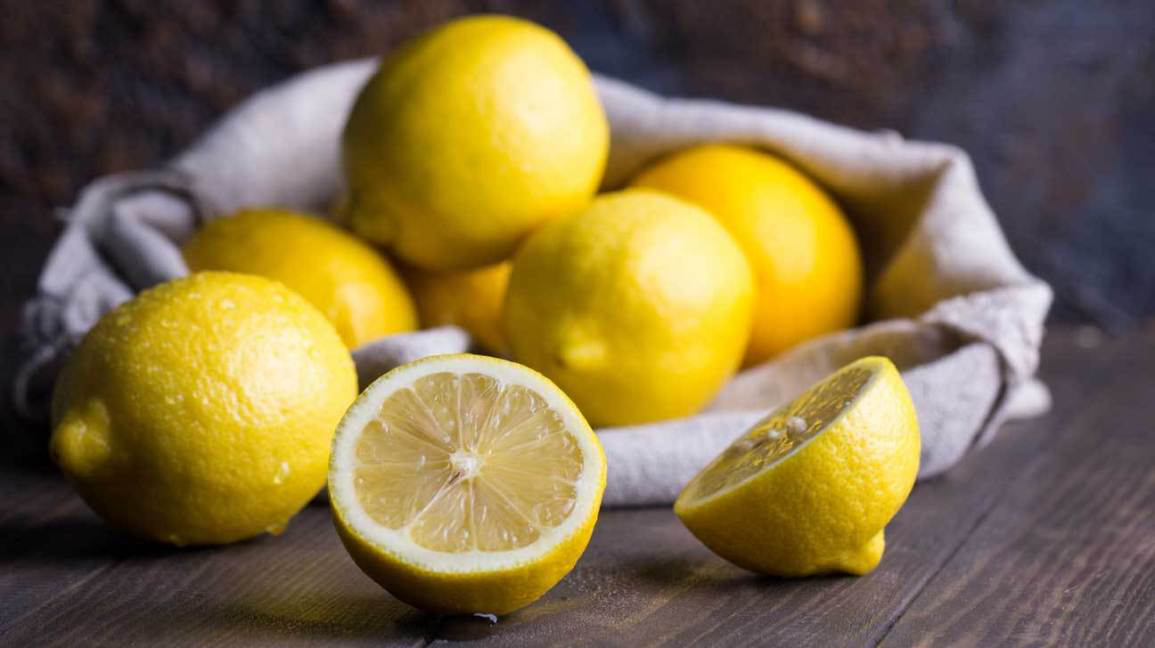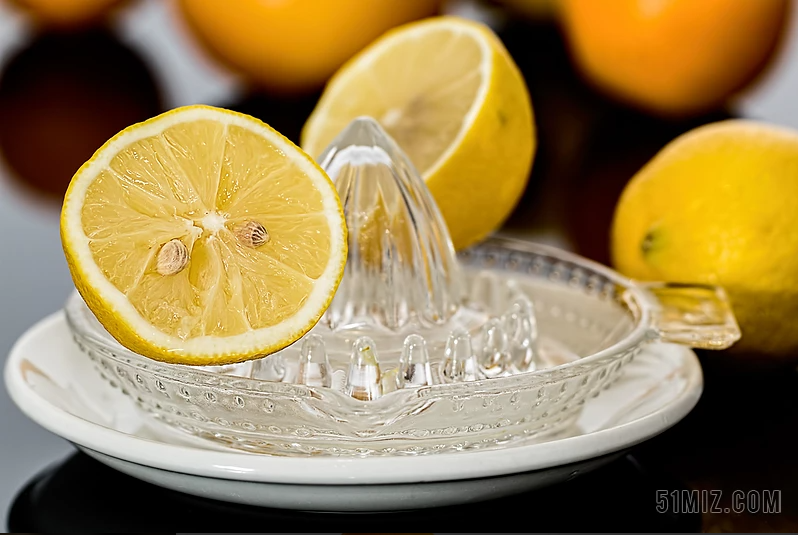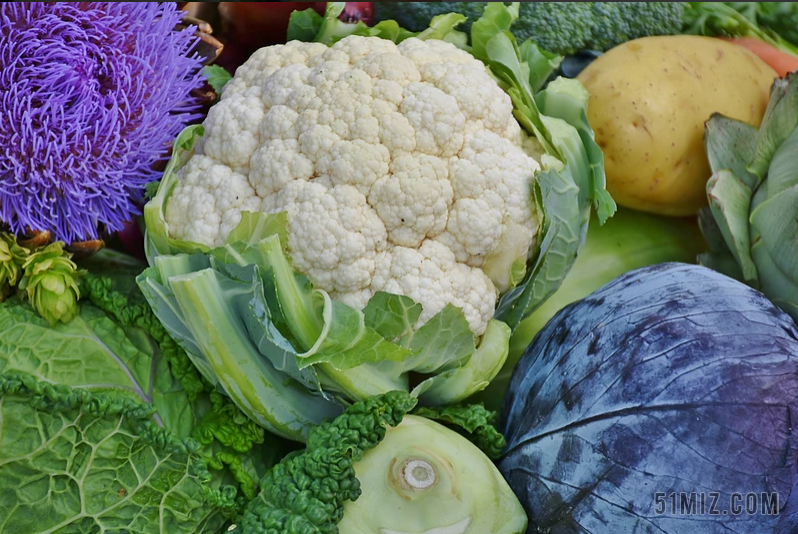Sinoright Blog
What Is Citric Acid, and Is It Bad for You?
What Is Citric Acid, and Is It Bad for You?
Citric acid is found naturally in citrus fruits, especially lemons and limes. It’s what gives them their tart, sour taste.A manufactured form of citric acid is commonly used as an additive in food, cleaning agents, and nutritional supplements.
However, this manufactured form differs from what’s found naturally in citrus fruits.
For this reason, you may wonder whether it’s good or bad for you.
This article explains the differences between natural and manufactured citric acid, and explores its benefits, uses, and safety.

What Is Citric Acid?
Citric acid was first derived from lemon juice by a Swedish researcher in 1784 .The odorless and colorless compound was produced from lemon juice until the early 1900s when researchers discovered that it could also be made from the black mold, Aspergillus niger, which creates citric acid when it feeds on sugar .
Because of its acidic, sour-tasting nature, citric acid is predominantly used as a flavoring and preserving agent — especially in soft drinks and candies.
It’s also used to stabilize or preserve medicines and as a disinfectant against viruses and bacteria.
SUMMARY
Citric acid is a compound originally derived from lemon juice. It’s produced today from a specific type of mold and used in a variety of applications.Natural Food Sources
Citrus fruits and their juices are the best natural sources of citric acid .In fact, the word citric originates from the Latin word citrus .
Examples of citrus fruits include:
· lemons
· limes
· oranges
· grapefruits
· tangerines
· pomelos

Other fruits also contain citric acid but in lesser amounts. These include:
· pineapple
· strawberries
· raspberries
· cranberries
· cherries
· tomatoes

Beverages or food products that contain these fruits — such as ketchup in the case of tomatoes — also contain citric acid.
While not naturally occurring, citric acid is also a byproduct of cheese, wine, and sourdough bread production.
The citric acid listed in the ingredients of foods and supplements is manufactured — not what’s naturally found in citrus fruits .
This is because producing this additive from citrus fruits is too expensive and the demand far exceeds the supply.
SUMMARY
Lemons, limes, and other citrus fruits are the predominant natural sources of citric acid. Other fruits that contain much less include certain berries, cherries, and tomatoes.Artificial Sources and Uses
The characteristics of citric acid make it an important additive for a variety of industries.Food and beverages use an estimated 70% of manufactured citric acid, pharmaceutical and dietary supplements use 20%, and the remaining 10% goes into cleaning agents .
Food Industry
Manufactured citric acid is one of the most common food additives in the world.It’s used to boost acidity, enhance flavor, and preserve ingredients .
Sodas, juices, powdered beverages, candies, frozen foods, and some dairy products often contain manufactured citric acid.
It’s also added to canned fruits and vegetables to protect against botulism, a rare but serious illness caused by the toxin-producing Clostridium botulinum bacteria.
Medicines and Dietary Supplements
Citric acid is an industrial staple in medicines and dietary supplements.It’s added to medicines to help stabilize and preserve the active ingredients and used to enhance or mask the taste of chewable and syrup-based medications .
Mineral supplements, such as magnesium and calcium, may contain citric acid — in the form of citrate — as well to enhance absorption.
Disinfecting and Cleaning
Citric acid is a useful disinfectant against a variety of bacteria and viruses .A test-tube study showed that it may be effective in treating or preventing human norovirus, a leading cause of foodborne illness .
Citric acid is commercially sold as a general disinfectant and cleaning agent for removing soap scum, hard water stains, lime, and rust.
It’s viewed as a safer alternative to conventional disinfectant and cleaning products, such as quat and chlorine bleach .
SUMMARY
Citric acid is a versatile additive for food, beverages, medicines, and dietary supplements, as well as cleaning and disinfecting products.Health Benefits and Body Uses
Citric acid has many impressive health benefits and functions.Metabolizes Energy
Citrate — a closely related molecule of citric acid — is the first molecule that forms during a process called the citric acid cycle.Also known as the tricarboxylic acid (TCA) or Krebs cycle, these chemical reactions in your body help transform food into usable energy .
Humans and other organisms derive the majority of their energy from this cycle.
Enhances Nutrient Absorption
Supplemental minerals are available in a variety of forms.But not all forms are created equal, as your body uses some more effectively.
Citric acid enhances the bioavailability of minerals, allowing your body to better absorb them .
For example, calcium citrate doesn’t require stomach acid for absorption. It also has fewer side effects — such as gas, bloating, or constipation — than another form called calcium carbonate.
Thus, calcium citrate is a better option for people with less stomach acid, like older adults.
Similarly, magnesium in the citrate form is absorbed more completely and is more bioavailable than magnesium oxide and magnesium sulfate .
Citric acid also enhances the absorption of zinc supplements .
May Protect Against Kidney Stones
Citric acid — in the form of potassium citrate — prevents new kidney stone formation and breaks apart those already formed .Kidney stones are solid masses made of crystals that typically originate in your kidneys.
Citric acid protects against kidney stones by making your urine less favorable for the formation of stones .
Kidney stones are often treated with citric acid as potassium citrate. However, consuming foods high in this natural acid — like citrus fruits — can offer similar stone-preventing benefits .
SUMMARY
Citric acid helps with energy metabolism, the absorption of minerals, and the prevention or treatment of kidney stones.Safety and Risks
Manufactured citric acid is generally recognized as safe (GRAS) by the Food and Drug Administration (FDA).No scientific studies exist investigating the safety of manufactured citric acid when consumed in large amounts for long periods.
Still, there have been reports of sickness and allergic reactions to the additive.
One report found joint pain with swelling and stiffness, muscular and stomach pain, as well as shortness of breath in four people after they consumed foods containing manufactured citric acid.
These same symptoms were not observed in people consuming natural forms of the acid, such as lemons and limes.
Researchers acknowledged that they couldn’t prove the manufactured citric acid was responsible for those symptoms but recommended that its use in foods and beverages be further studied.
In either case, the scientists suggested that the symptoms were most likely related to the mold used to produce the citric acid rather than the compound itself.
SUMMARY
A small report suggests that the mold residues from manufactured citric acid may lead to allergies and other illnesses, but this has yet to be proven.The Bottom Line
Citric acid is naturally found in citrus fruits, but synthetic versions — produced from a type of mold — are commonly added to foods, medicines, supplements, and cleaning agents.While mold residues from the manufacturing process may trigger allergies in rare cases, citric acid is generally deemed safe.
